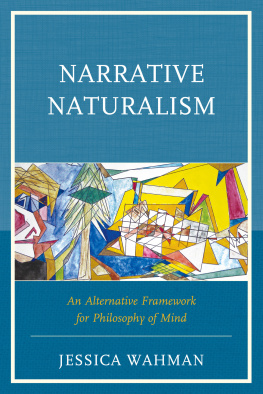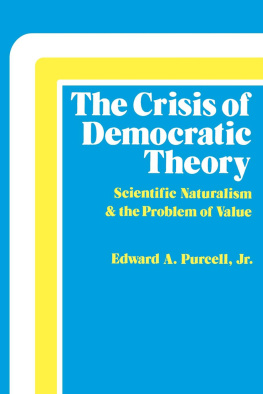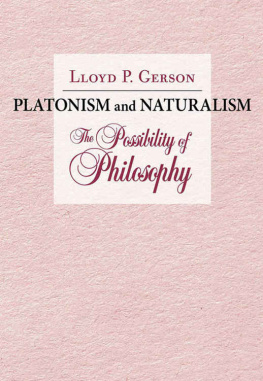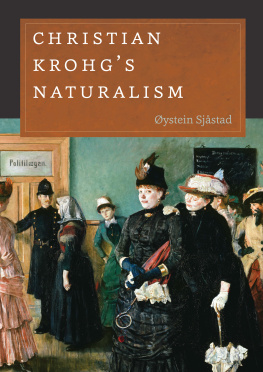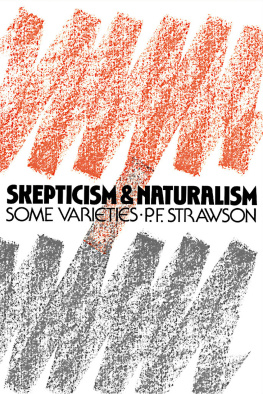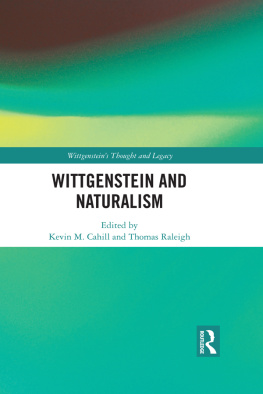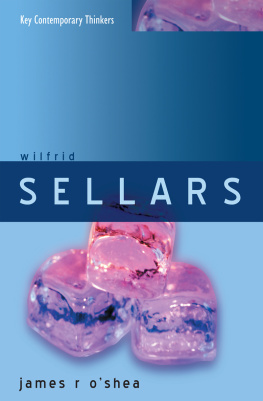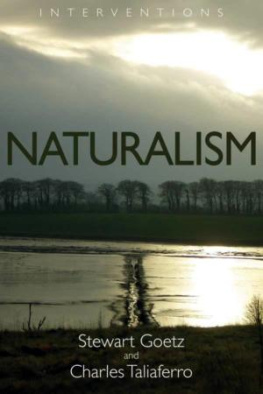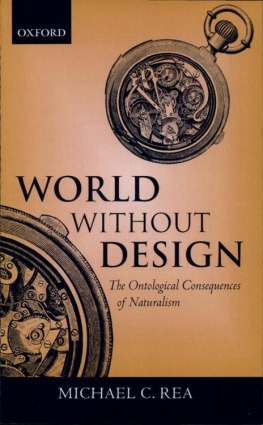(p.vii) Preface and Acknowledgements
The philosophical framework for this book began to take shape many years ago when I was fortunate enough to be taught by David Wiggins. David inspired the approach I take here, although I have an equal but later debt to the work of John McDowell. David never mentioned God, and it was my other great teacher and friendRoger Scrutonwho circled relentlessly around this issue. Two other figures were influential at this early stage: Paul Snowdon who encouraged me to move in the direction which was gradually opening up, and the late Brian OShaughnessy who bombarded me with everything under the philosophical and musical sun, especially Nietzsche, Schopenhauer, and Wagner.
Thus far no theologians or philosophers of religion, but the situation was remedied a few years later when I met Gerry Hughes. Gerry showed an interest in my work, he was doing interesting work of his own, and for these and other reasons became one of my dearest friends. He also told me about Heythrop College, encouraged me to apply for a post there, and convinced them that I was worth employing. Everything changed from that point on. I was surrounded by colleagues for whom the question of God was paramount, they were eager to engage in dialogue, and the theistic dimension of my work began to take shape. Special thanks go to Anna Abram, Michael Barnes, John Cottingham, Peter Gallagher, John McDade, and Gemma Simmonds, all of whom have become good friends. The final significant link came from Mike Inwood. I wrote to him out of the blue with a bizarre question about Heideggers Being, and he was quick to latch on to what I was trying to do philosophically. He became a regular visitor to Heythrop, the closest reader and critic of my work, and the writer of an ongoing and utterly life-saving campus novel in the post-post-modern tradition.
Other thinkers and friends have helped to bring this book to completion. I thank Douglas Hedley for inviting me to be part of his natural theology reading group, and its membersJohn Cottingham, Chris Hamilton, Tim Mawson, Mark Wynn, and Bill Woodfor their feedback on chapter whose idyllic waters some of these friends can be found. Finally, I must mention my parents, Marjorie and Martin Ellis, my sister, Cathy, and my niece, Angelie. They, along with my wonderful friends, have provided the love, support, and humour which made it possible to bring this project to fruition.
In various places I have drawn from material from the following previously published articles, and my thanks are due to the respective editors and publishers for being able to make use of it here: God, Value, and Naturalism, Ratio, 2011, vol. 24, issue 2, pp. 138153; God and Other Minds, Religious Studies, 2010, vol. 46, issue 3, pp. 331351.
Context and Aims
Many philosophers in the Anglo-American tradition believe that God has been put to rest. Naturalism is the default position, and the naturalist can explain what needs to be explained without this unnecessary and problematic detour. This attitude towards God is part and parcel of contemporary, non-philosophical consciousness, although it has become apparent that some of the proponents of this atheistic movement are working with conceptions which bear little resemblance to the God with whom theologiansand indeed, ordinary believershave wrestled throughout the ages. We are encouraged to suppose that God is on a level with the various supernatural agents to which the primitive and uneducated remain in thrall, and that such people lack the benefit of a good scientific education. Hence the well-known author of The God Delusion:
I am not attacking any particular version of God or gods. I am attacking God, all gods, anything and everything supernatural, wherever and whenever they have been or will be invented.
Gods existence or non-existence is a scientific fact about the universethe presence or absence of a creative super-intelligence is unequivocally a scientific question.
For Dawkins, the scientific fact about the universe is that God is absent from its domain, and he concludes on this basis that atheism must be embraced. His attitude would be applauded by those naturalists who insist that the limits of nature are to be circumscribed by science, and they express a similar antipathy towards anything and everything supernatural. Nevertheless, they seem in danger of including under this supernatural rubric at least some of the things which, one would hope, demand a rightful place in the ontology of any remotely human being. Like, for example, value. One response to this worry (p.2) has been to expand the limits of science to accommodate modes of enquiry which seem better placed to accommodate the relevant phenomenathe so-called human sciences have been significant in this respect. Other philosophers (of whom David Wiggins and John McDowell are the leading representatives) see in this move a residual commitment to scientism, and have defended a conception of nature and naturalism which exceeds such parameters whilst giving due respect to the findings of modern science. They agree, however, that nature thus conceived must be shorn of any reference to gods or God, and we are encouraged to suppose that a move in either of these directions exceeds the limits of intellectual propriety.


